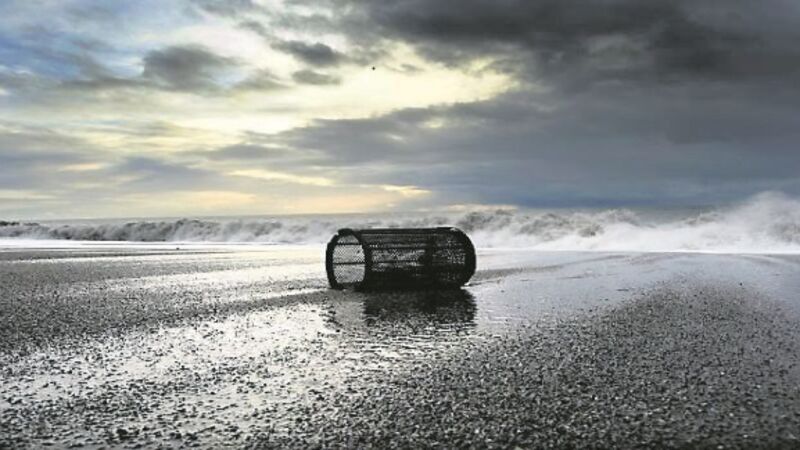Fishing workers ‘trafficked’

The lengthy article looked at the Irish prawn and whitefish sector and alleged undocumented Ghanaian, Filipino, Egyptian, and Indian fishermen were working on Irish boats, with some claiming they had been trafficked into the country.
In what the paper described as a “catalogue of abuses”, it was claimed many of the workers entered the country via Belfast on UK transit visas.













